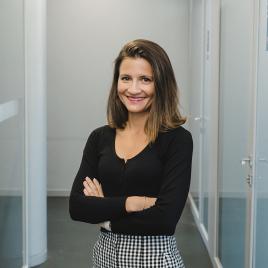Learning Outcomes
- Promotion of a differentiated and plural learning experience within international relations.
- Development of a more transversal "legal analysis" capacity with regards recent and past facts and processes by resourcing to other type of knowledge. Among these are: literature, cinema, music, painting, photography, architecture, cartoons, gastronomy, etc.
- Reinforcement of critical thinking and argumentative skills.
- Development of the questioning skills and the understanding of the world from different perspectives and through art.
Syllabus
- Culture and art in law and in international relations;
- Gastronomy and international relations; the influence of fine dining and gastrodiplomacy;
- Art and War, the horrible and the shift of International Law;
- “Art” in decolonization, the crossed looks of opposites;
- The fight for human rights and art;
- Gender, international relations and art;
- Refugees and migrants - forced travels in art and culture;
- Cartoons, international relations, freedom of expression and social media;
- Architecture and memory – the period after the conflict and the destruction, between reconstruction and rehabilitation;
- Music: identity, resistance and revolution, soft power and diplomacy;
- The art “of” Democracy: literature and a global society;
- Propaganda, or de triumph of Leni Riefenstahl.
Optional Study Visit: Visit to the Museo Nacional Centro de Arte Reina Sofia in Madrid to see Collection 1: La irrupción del siglo XX: utopias y conflictos (1900-1945) that includes the painting Guernica by Pablo Picasso.






